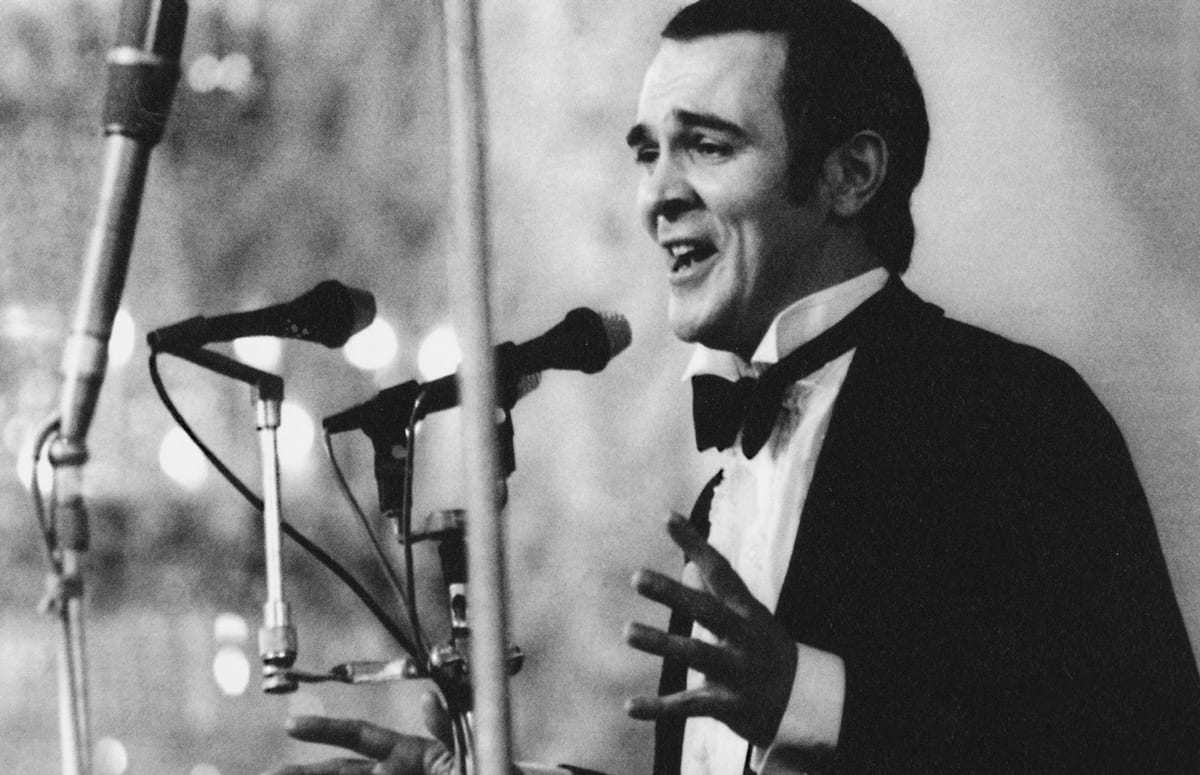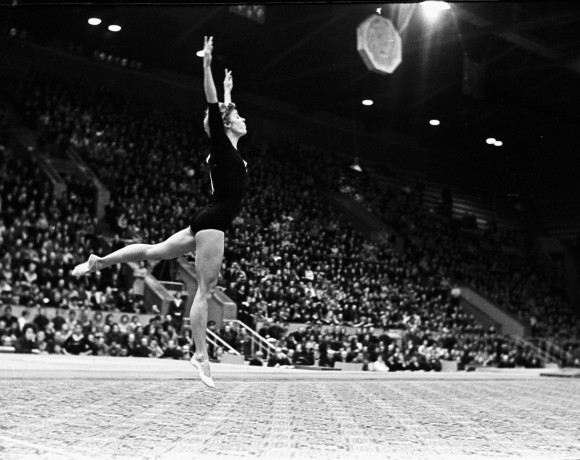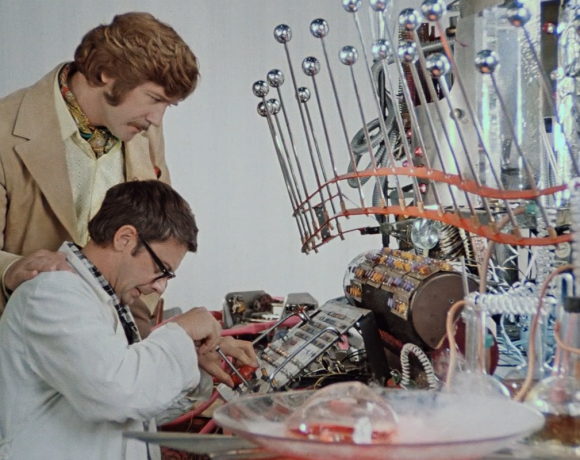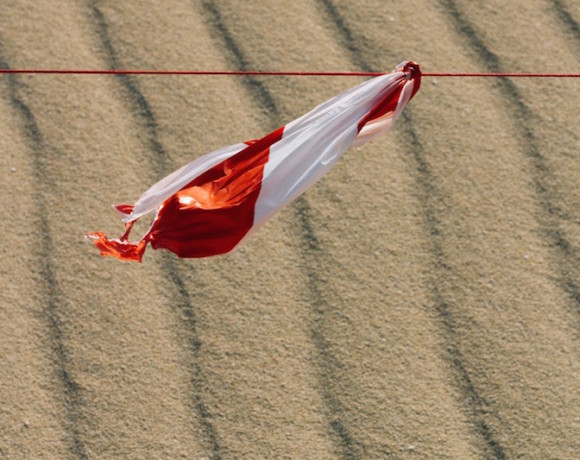Few names of male performers have come down to our days. Many magnificent voices have been left far behind in the Russian archives. The modern generation may know the surname of Chaliapin, but it is likely that they have never heard him. We will tell you about 9 iconic Russian performers, whose magnificent voices are a valuable history of Russia.
Версия на русском языке тут
Muslim Magomayev
baritone
August 17, 1942, Baku — October 25, 2008, Moscow | Repertoire: “Azerbaijan”, “Take care of your friends”, “Buchenwald Alarm”, “Beauty Queen”, “Moscow Evenings”, “Wedding”, “Troubadour’s Serenade”, “Why is the heart so disturbed”, etc.
Magomayev’s success was phenomenal. His every concert is a full house! There are legends in the world about his popularity: his car was literally plastered with lipstick from women’s kisses, or the same car was once picked up by a crowd in love. And what was his secret of success? Initially, it is natural talent in the form of a magnificent baritone, that exact amazing baritone that calls inside a person, causing an active resonance. This phenomenon is extremely rare. Muslim Magomayev sang equally well both tender lyrical songs and songs that require strong expressiveness. It amazed and clung to everyone. His baritone often went beyond his limits, which added to his uniqueness. So, when performing the Russian folk song “Vdol po Piterskoy”, his voice sounds like a bass-baritone. In the Neapolitan songs “Return to Sorrento”, “Granada” he sounds as a brilliant tenor.
It is difficult to give an exact description of his performance, but it was he who became one of the most outstanding performers in the history of Russian music. Each of his songs is a reference standard. And very few people decided to repeat the repertoire of Muslim Magomayev, having true fears not to reach such heights. It should be noted that it was Muslim Magomayev who truly opened the Western music for the Soviet people, perfectly performing popular songs in Italian, English and French. The life of Muslim Magomayev is the life of a beautiful baritone. His voice lived its own life, and Muslim’s body reaped the benefits of the glory and success of the voice. A person with such a talent could not live another way!
Feodor Chaliapin
bass-baritone
February 13, 1873, Kazan — April 12, 1938, Paris | At various times, soloist of the Bolshoi and Mariinsky Theaters, as well as the Metropolitan Opera Theater
Feodor Chaliapin is a household name in Russian vocal art. Even those who have never been interested in the history of Russian music know about him. His creativity, hard work, diligence and many talents in the musical career raised the vocal art to a completely new height, which he discovered not for himself only, but also generously shared with his students, and left all his secrets for the next generation of artists.
Chaliapin’s performance had an effect on people – whether it was his unprecedented power and beauty of the melodious bass, or the fact that his voice (which, according to some opinions, was not the most powerful in the history of the Russian and world music) was full of wide variety of tones and accents. Feodor Chaliapin has mastered his voice to the limit of his capabilities, it sounds wider, more powerful, even more interesting than those singers with stronger voices given by nature. He was absolutely sure that the power of singing lies in the accuracy of the transmitted intonation, in the correct “coloring” of the word and phrase. Chaliapin “squeezed” and “stretched” the syllable, but did not violate either the verbal or musical structure. Tall, handsome, with expressive facial features, with keen glance, Chaliapin made an indelible impression in his best tragic roles (Miller, Boris Godunov, Mephistopheles, Don Quixote). Chaliapin astonished the audience with a passionate temperament, found very accurate and sincere intonations for every word of the song, was absolutely organic and authentic on the stage.
Feodor Chaliapin did not limit the improvement of his skills only to the sphere of vocal art. He was interested in everything in music. At orchestra rehearsals, he sat next to the musicians and listened attentively to every sound of the instrument. He also successfully tried himself as a conductor and never stopped on the achieved.
Valery Obodzinsky
tenor
January 24, 1942, Odessa — April 26, 1997, Moscow | Repertoire: “Eastern song”, “Girl”, “Leaf Fall”, “Organ is playing”, “Mirage”, “How many girls are there in the world”, “Song about the first jump”, “Paratroopers March”, etc.
Valery Obodzinsky was one of the most popular singers of the twentieth century. The phenomenon of Obodzinsky consisted in a unique, original manner of singing, extremely popular in the 1970s. Obodzinsky did not seriously study singing – in fact, he had naturally developed musical sense and hearing. There are seven dozen popular songs in his repertoire, but even if he performed only a few of them, he would still remain in people’s memory. Obodzinsky’s voice is a soft, pleasant, sweet tenor. The repertoire is mainly love lyrics. Obodzinsky’s singing is always heartfelt, passionate, sometimes grotesque.
Along with the songs of David Tukhmanov (“These eyes in front of me”, “Eastern Song”, “Leaf Fall”, “Organ is Playing”) and of Aleksandr Zatsepin (“Mirage”, “How many girls are there in the world”, “Song about the first jump”, “March of Paratroopers”) Obodzinsky introduced the Soviet listener to the works of Les Reed, Tom Jones, Joe Dassin, Karel Gott, Demis Roussos, The Beatles. All this, as well as hard work, made Obodzinsky an idol of the Soviet public, especially women. Millions of copies of his records were sold out completely and in a short time after release.
Georg Ots
lyrical baritone
March 21, 1920, Petrograd – September 5, 1975, Tallinn | pop and opera singer | “Eugene Onegin” by Tchaikovsky, “Don Juan” by Mozart, “Faust” by Gounod, “Boris Godunov” by Mussorgsky, etc.
Georg Ots is a man of legend. His art was extraordinarily spiritual and diverse. He sang with equal success both in operetta and on the concert stage. And with all the variety of his activities, he remained a strikingly integral artist and harmoniously maneuvered among these two so different genres. Georg Ots-opera singer was an artist who primarily created a vivid stage image. Georg Ots, a pop singer, is an artist in an ordinary suit, whose expressiveness goes through facial expressions, posture and gestures, they were barely noticeable – only nuances that perfectly complemented the singer’s magnificent performance of a given text and music. His voice is a lyrical baritone of a large range, with brilliant powerful upper notes of a beautiful and soft timbre. He won the audience with a calm, very honorable academic manner of singing, a great sense of dignity, impeccable taste, and a special manner of pronunciation. He spoke Russian very well, but there was a slight accent in his speech, which gave the singing a special charm. For all his calm, he was very charming, showed a sense of humor where it was appropriate.
His voice has been heard for more than three decades. It’s a long time for an artist. High skill without frills, special effects, endowed with sincere insight, remained powerful for many years for listeners outside the time frame. Georg Ots wrote: “I will be happy if at least one person, listening to my songs, feels the need to do something useful and kind to people. May there always be sunshine!”.
Vladimir Vysotsky
baritone
January 25, 1938, Moscow — July 25, 1980, Moscow | Soviet poet, actor and singer-songwriter; author of prose works | Repertoire: “Song about a Friend”, “I don’t Like”, “Morning Gymnastics”, “Interrupted Flight”, “Fastidious Horses”, “Save Our Souls”, etc.
Vysotsky’s voice cannot be confused with any other, it is known to everyone who has ever listened to the soundtrack of his speech. Vysotsky wrote more than 200 poems, about 600 songs and a poem for children; in total, he wrote more than 850 poetic works. Vladimir’s voice was not of singing kind, although there are some claims that his range was two octaves higher than Chaliapin’s singing range; but if Chaliapin sang notes, Vysotsky “tore” notes. His voice is the voice of an actor telling and singing his poems. This was what made him unique, because he had not only great talent, but also a special magnetism, attraction, which many hear even in a tape recording.
Vladimir Vysotsky shouted rather than sang. His performance was on the edge, but never beyond it. And if the instruments failed, then the voice – never. In the song, as nowhere else, probably, the deep structure of the singer’s psyche emerges and is brought out. Therefore, it is incredibly difficult, almost impossible to sing “like Vysotsky” — no matter how much you rattle, you will only get an inanimate
fake.
Vysotsky said: “I don’t write for a certain category of audience. I try to touch the soul of people regardless of their age, profession, nationality. I don’t like simple songs. I don’t like people to rest at my concerts. I want my audience to work and to create together with me.”
Evgeny Martynov
dramatic tenor
May 22, 1948 – September 3, 1990 | Soviet pop singer and composer | Repertoire: “Sound, love!”, “Birthday”, “Ballad of the mother”, etc.
Eugene Martynov’s songs shine with the faith in the good that was settled in him by his parents. Their love story was just exemplary — mother, Nina Trofimovna, served in evacuation hospitals of the 3rd Ukrainian Front during the war, where she met the wounded soldier Grigory Martynov. She nursed him and then married him. And together, in love and harmony, they raised their sons Yuri and Eugene. It was difficult to confuse Martynov’s voice with another one. The soft baritone timbre won him the love of the audience. He has repeatedly won pop song contests and festivals in the USSR and abroad, including Berlin, Slanchev Bryag and Bratislava.
Martynov’s popularity in the USSR never declined during his creative life. Martynov sang and wrote many songs, and each of them was popular and loved by the public. And such songs as “Swan Fidelity” and the Ballad of the Mother” were known and sung by the whole country. Many talented and popular Soviet and Russian singers have performed and continue to perform Martynov’s songs.
Sergey Lemeshev
lyrical tenor
June 27, 1902, Tver province — June 26, 1977, Moscow | Opera singer and opera director, teacher | Repertoire: Levko “May Night”, Stargazer “Golden Cockerel”, Vaudemont “Iolanta” by Tchaikovsky, Lensky “Eugene Onegin” by Tchaikovsky, Romeo “Romeo and Juliet” by Gounod, etc.
Natural musicality, virtuoso mastery of the vocal palette, spontaneity and noble simplicity – these are a few succinct descriptions of Sergey Lemeshev’s performance. The work of Sergei Yakovlevich Lemeshev is one of the brightest pages in the history of Soviet vocal art. His manner of performance had a huge aesthetic impact on listeners. His soft, flowing singing touches, the “caramel” voice with silver tops resembles a natural chime. In addition to this, Sergey Lemeshev is the owner of excellent diction, he approached the word with a careful attitude and always knew a sense of proportion when performing.
Lemeshev collected the best works of composers and poets of the XIX century, presented them to the widest Soviet audience, popularized Russian and Soviet opera art. In addition to singing in opera performances, Lemeshev worked hard and productive on the performance of the chamber repertoire. He was proud to note that he managed to sing all 100 romances of Tchaikovsky.
Vladimir Makarov
lyrical baritone
July 15, 1932, Tula region — July 29, 2008, Moscow | Repertoire: “Invisible Battle”, “Four Cockroaches And a Cricket”, “The Last Train”, “The Orange Summer King”, etc.
“A laconic gesture, minimal facial expressions, slightly tough manner is a distinction of his stage image,” the press of that time said about Makarov. He looked carefully at his appearance and was always on stage in fashionable and elegant suits, in make-up, in high-heeled shoes to seem taller.
His songs have become iconic, which seems to be already subconsciously passed down from generation to generation. These songs do not stop a creation of all kinds of cover versions, which only works as proof of the everlasting of his work. Who in Russia doesn’t know the chorus of “The Last Train” now? It seems that as soon as you say these words, a melody will immediately start playing in your head. This and many other songs made Vladimir Makarov incredibly popular. It was a real success. His phone did not stop ringing, nor did the crowds of fans thin out. He was literally torn apart by concert organizations and philharmonic. At the same time, Vladimir Makarov’s repertoire was very wide and diverse. He performed both patriotic Soviet songs and works of lighter genres, and was one of the first to perform bard songs from the stage. It was in his performance that people all over the country recognized the songs of Kukin, Klyachkin and Ancharov.
Anatoly Korolev
pop singer
November 1, 1942, Saratov – October 24, 1991, St. Petersburg | Pop singer | Repertoire: “Don’t make women cry”, “The Eleventh route”, “You’re the only one for me”
“Leningrader Anatoly Korolev,— wrote the newspaper Week, “is a singer of great civic temperament. All his songs are social, passionate, full of courageous and irreconcilable pathos. Such pathos is invariably transmitted to the audience, because it is based not on an abstract declaration, but on the truth of life –suffered, considered, realized.” In Anatoly’s repertoire you will find not only civil lyrics, but also romantic compositions. Korolev sings them in a special manner, which is very popular with young people, and the songs that he performs are also addressed to the younger generation. Hence the great success of his performances and crowded halls.
The materials translated into English by Vladimir Grebnev








